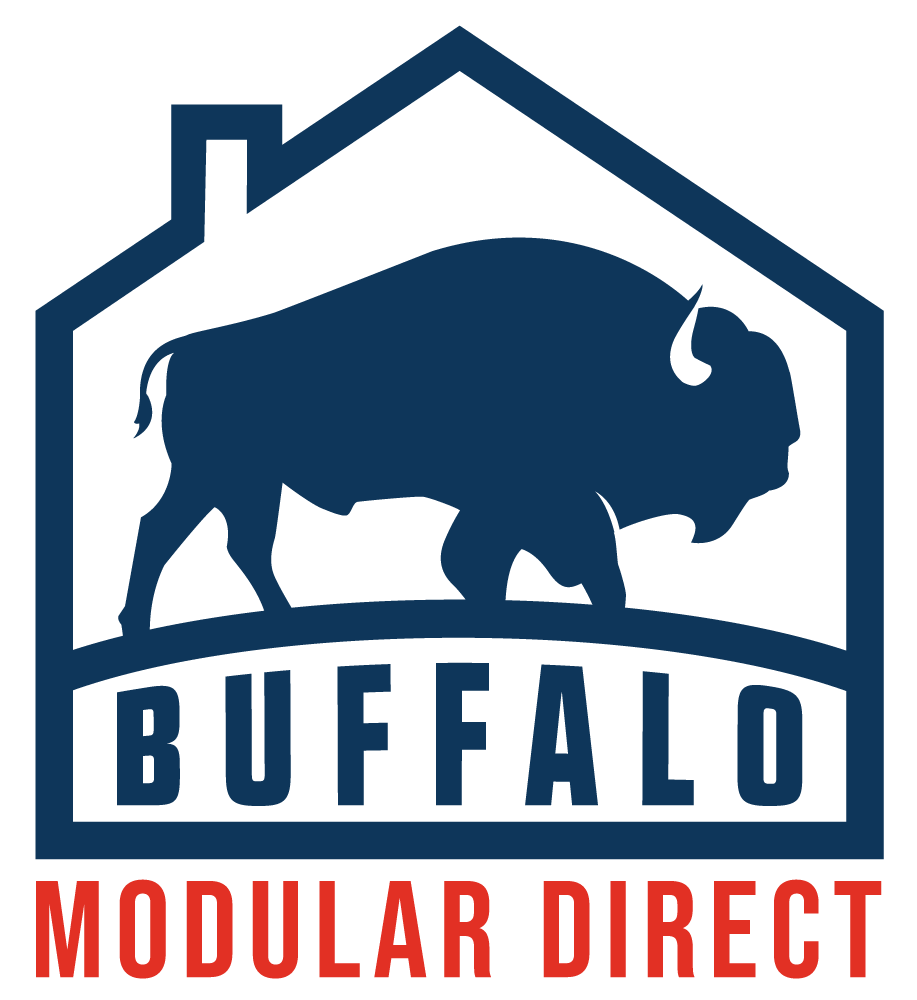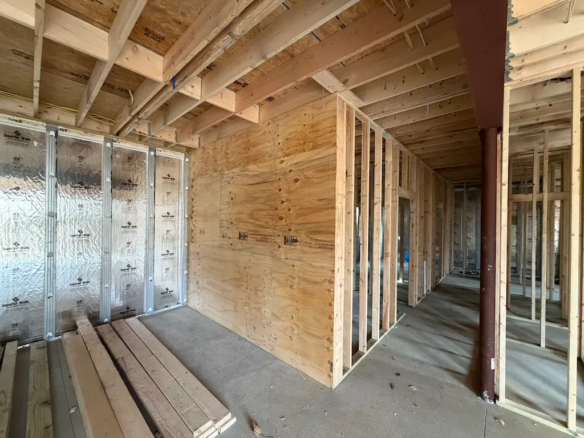Maintaining a healthy septic system is essential for homeowners to avoid costly repairs and ensure the smooth operation of their wastewater management. A well-functioning septic system is crucial, especially in homes built in rural or suburban areas where connection to a municipal sewer system isn’t available. This blog post will provide regular maintenance recommendations to help keep your septic system in top condition.
Understanding Your Septic System
Before diving into maintenance, it’s helpful to understand how a septic system works. Your septic system consists of a septic tank and a drain field. The tank holds wastewater from your home and separates it into solids (sludge), oils (scum), and liquid (effluent). The liquid effluent flows out into the drain field, where it’s filtered by the soil. Over time, the sludge and scum build up, and if not properly managed, can lead to backups, system failures, and environmental contamination.
Regular Maintenance Recommendations for a Healthy Septic System
- Routine Pumping and Inspections
- Frequency of Pumping: Septic tanks should be pumped out every 3 to 5 years depending on the tank size and household usage. Regular pumping prevents the buildup of solids that can clog the system and cause backups into your home.
- Inspections: It’s crucial to have your system inspected at least once a year. A professional inspection can identify any potential issues, such as leaks, blockages, or early signs of system failure, allowing you to address them before they become major problems.
- Water Conservation
- Why It Matters: Excessive water usage can overwhelm your septic system, leading to untreated wastewater entering the drain field. Septic systems rely on time for the effluent to be properly treated in the soil. Conserving water reduces the risk of overloading the system.
- Water-Saving Tips: Use water-efficient fixtures such as low-flow toilets and showerheads, repair leaky faucets immediately, and spread out water-intensive activities like laundry and dishwashing throughout the week to avoid a large influx of water all at once.
- Mindful Flushing
- What Not to Flush: The septic system is designed to break down human waste and toilet paper only. Flushing anything else, including wipes labeled as “flushable,” feminine hygiene products, diapers, paper towels, or chemical cleaners, can lead to blockages and damage.
- Educate Your Household: Ensure everyone in the home, including guests, is aware of what should and should not be flushed down the toilet.
- Proper Use of the Drain Field
- Protect the Drain Field: The drain field is a crucial part of your septic system, and proper care ensures it remains functional. Do not park vehicles, place heavy objects, or build structures on top of the drain field, as this can compact the soil and damage the system.
- Planting Considerations: Avoid planting trees or shrubs near the drain field. Their roots can infiltrate and damage the pipes, leading to costly repairs. Stick to grass or shallow-rooted plants in this area.
- Avoid Harsh Chemicals
- The Impact of Chemicals: Harsh household chemicals like bleach, solvents, and drain cleaners can kill the beneficial bacteria in your septic tank that break down waste. This can disrupt the entire system’s function.
- Use Septic-Safe Products: Whenever possible, use biodegradable and septic-safe cleaning products. Additionally, never pour grease, oils, or fats down the drain as they can solidify and cause blockages.
- Preventative Maintenance with Additives
- Do You Need Additives?: While some septic system additives claim to enhance bacterial growth, the reality is that a healthy septic system doesn’t typically need them. In fact, some additives can even do more harm than good. Check with your septic service professional before using any products.
- Address Warning Signs Early
- What to Look For: It’s important to recognize the early warning signs of a failing septic system. These signs include slow drains, gurgling sounds in the plumbing, sewage odors near your tank or drain field, and wet or soggy spots in the yard, particularly near the drain field.
- Take Action: If you notice any of these signs, contact a septic professional immediately. Early intervention can prevent further damage and potentially expensive repairs.
- Keep Records
- Maintenance Logs: Keep detailed records of all inspections, pumpings, and repairs. This information can be helpful in maintaining your system properly over the long term and can also be useful if you ever sell your home.
- Winter Care
- Cold Weather Precautions: In regions with cold winters, such as Western New York, you’ll want to take extra precautions to prevent freezing in your septic system. Insulate any exposed pipes, and if necessary, add a layer of mulch or straw over the drain field to provide additional protection against freezing temperatures.
- Regular Use in Winter: Regular water usage during the winter months can help prevent freezing, but make sure to avoid overloading the system, which can be particularly problematic when the ground is frozen.
Final Thoughts
Regular septic system maintenance is key to avoiding costly repairs and protecting both your home and the environment. By following these guidelines, you can help extend the life of your system and ensure it operates efficiently for years to come.
At Buffalo Modular, we provide expert guidance for homeowners building custom modular homes. We’re here to help you from construction through move-in and beyond, including assisting with septic system care as part of your home maintenance routine. Buffalo Modular serves Western New York, Lake Chautauqua, Ellicottville, Rochester, the Finger Lakes region, the Hudson Valley, and the Adirondacks. With typical construction timeframes of 2-3 months, we ensure our clients have all the necessary trades to complete their homes from start to finish, including septic system considerations.
Regular care for your septic system will ensure it serves your family reliably, making it an essential part of your home’s overall maintenance plan.





